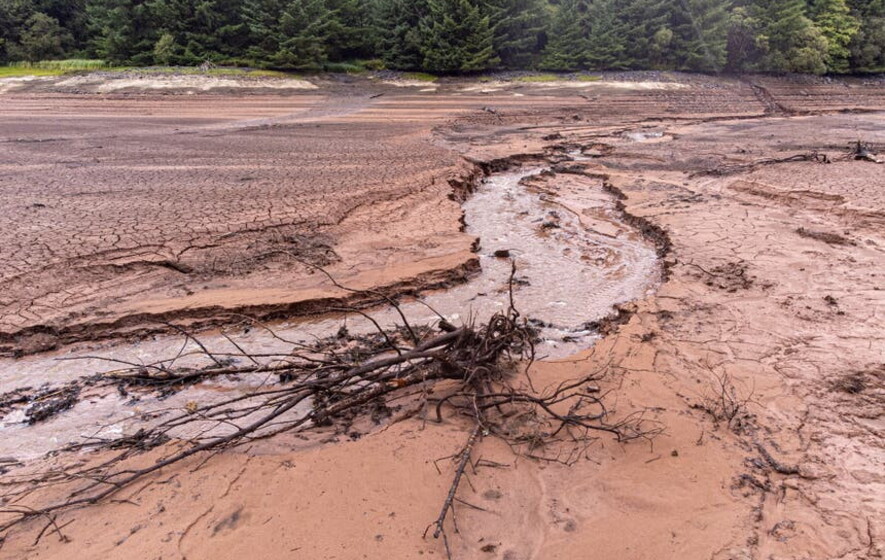Despite half the world’s population facing acute water stress by 2030, experts have said it is often overlooked in climate planning and funding.
At the UN Water Conference in New York that was the first since 1977, Secretary-General Antonio Guterres said “vampiric overuse” and pollution are draining the “precious lifeblood” while climate change is “wreaking havoc” on the natural water cycle.
Scientists have called for a much stronger focus on water as a climate issue, which they said has been missing even from the Intergovernmental Panel on Climate Change (IPCC) reports that are considered to be the most definitive scientific assessments of climate risks.
“In all the climate negotiations, it has been for too long a blind spot,” said Dr Stefan Uhlenbrook, director of hydrology at the World Meteorological Organisation.
Dr Rajendra Singh, known as the waterman of India for his part in reviving an ecosystem in the desert state of Rajasthan by creating thousands of rainwater ponds, believes water conservation is unpopular because it is not lucrative.
“No one is interested in water conservation, in agro-ecological climate diversity, in efficient use of water, because there is not a lot of money in it,” he said.
Read also: Climate change, peace project to benefit four communities in Benue
According to the UN, almost three-quarters of all disasters in the last 20 years have been water-related, with floods and droughts affecting over three billion people, killing more than 166,000 and costing 700 billion dollars (£573 billion).
Since 2000, flood-related disasters have increased by 134% and the number and duration of droughts have increased by 29%, the WMO said.
Steffi Lemke, the German minister for environment, believes solutions lie in wetland conservation and renaturalisation.
She told Watershed: “Climate change, biodiversity loss and pollution are the existential crises of our time. Sustainable water resources management is at the same time key to solving these crises.”
Wetlands and peatlands are major carbon sinks but lose this ability if they become drained, polluted or damaged.
Story was adapted from the Independent.
